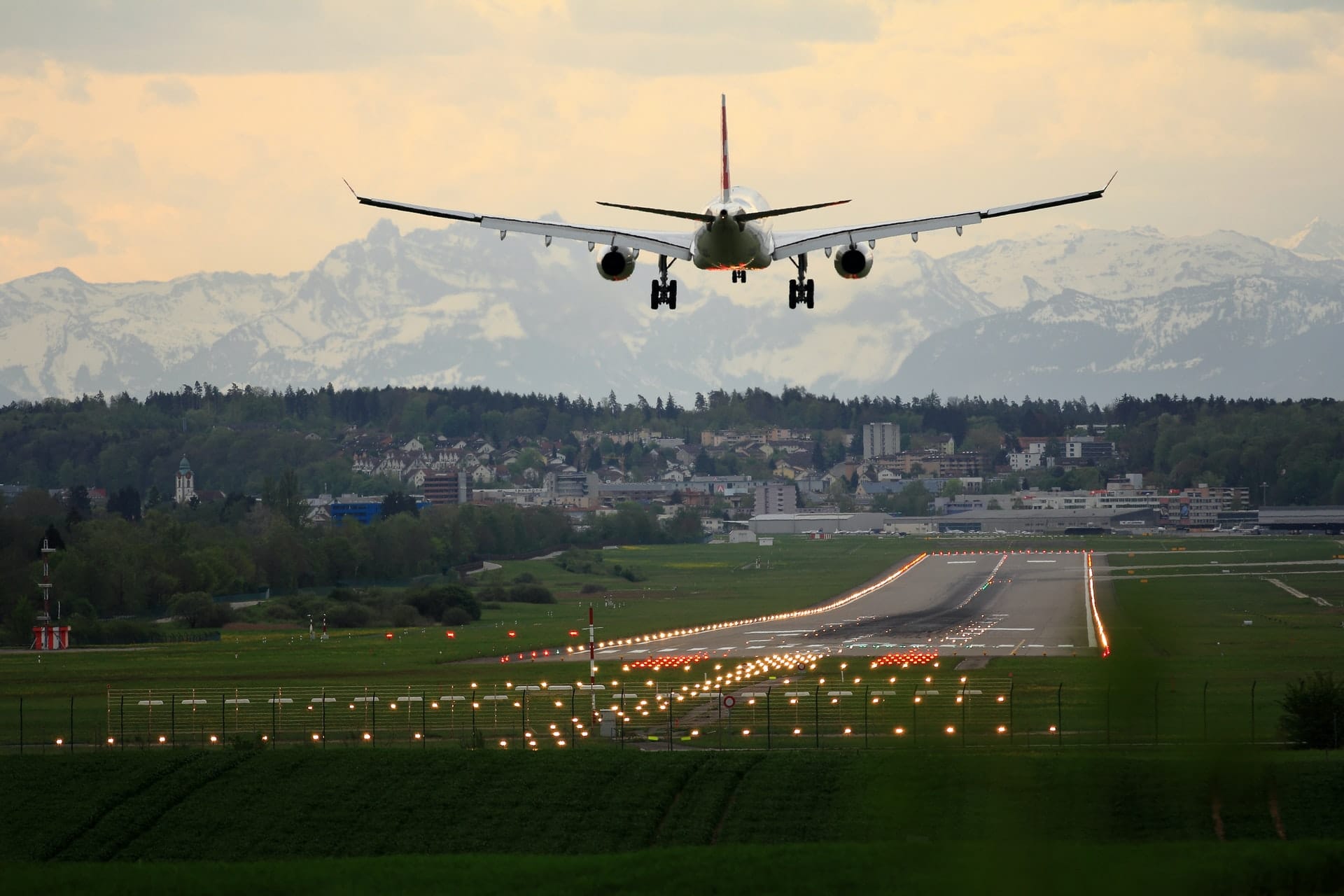
For many years, engines in aircraft were lubricated by a single graded oil, with 100 grade (SAE50) and 80 grade (SAE40) oils seeing common use. Today, however, multigrade oils are the go-to option for lubricating aircraft engines in both summer and winter seasons, with oil grades like 20W50 and 15W50 both being popular choices.
What are the benefits of multigrade oils for aircraft engines?
Oil is classified as having a particular viscosity or grade. Modern aircraft engines use multigrade oils as they have the capabilities of retaining a specific viscosity over an extensive range of temperatures. For instance, during an aircraft engine’s start up, the ability to work in temperatures of -10°C to 40°C is important. Oils that have higher grades may be used at higher ambient and start-up temperatures but are not effective in arctic or freezing conditions when a synthetic multigrade is more suitable.
Multigrade oils are more fluid even at low temperatures, which ensures that they can reach all the components of an aircraft’s engine far more quickly than a monograde oil. As a result, the engine will suffer less wear in start-up.
Additionally, multigrade oils can result in substantial fuel savings of between 1.5% and 3% in comparison to monograde oils. From cost savings on fuel to less expense on maintenance and engine downtime due to excessive wear and extended active service life, the use of multigrade oils makes sense for operators trying to keep competitive in the airline industry.
What are the aircraft engine oil types?
Two main types of oil employed in aircraft engines are ashless dispersant (AD) and mineral oil. Both types are manufactured from mineral oil – a highly refined and petroleum-based oil. AD oils differ in the way that they include additives designed to collect debris from inside the engine and carry it safely to the aircraft’s oil filter.
While synthetic oil blends are sometimes used in aircraft engines, it is not common. Unlike AD and mineral oil, synthetic oils are not manufactured from crude oil. Tests conducted by Shell Oil regarding full synthetic solutions in aircraft engines turned up unfavourable results. They found that engines started to burn more oil and began to lose compression. Following the tests, they also discovered after disassembly that the engine’s piston rings was coated in lead by-product deposits from combustion.
To break in a brand new engine, many pilots prefer straight mineral oil, although every equipment manufacturer has its own recommendation.








































